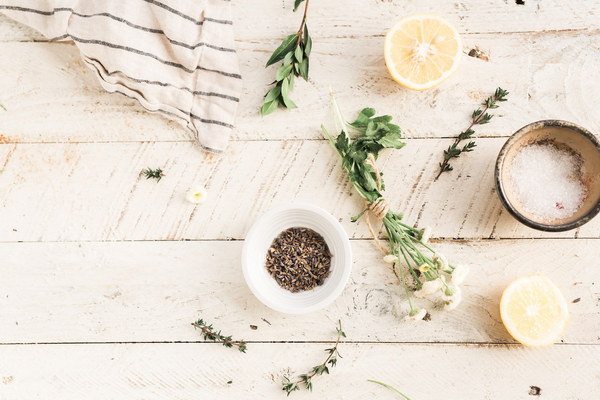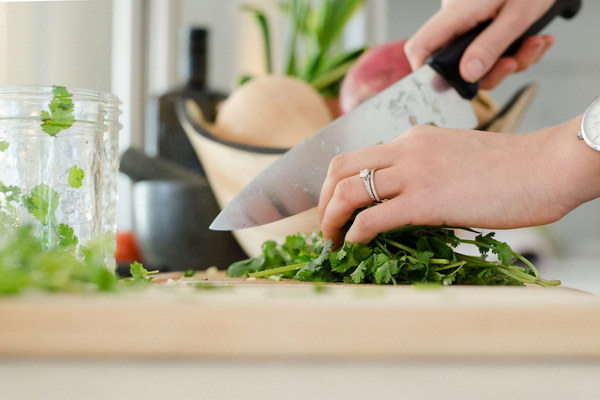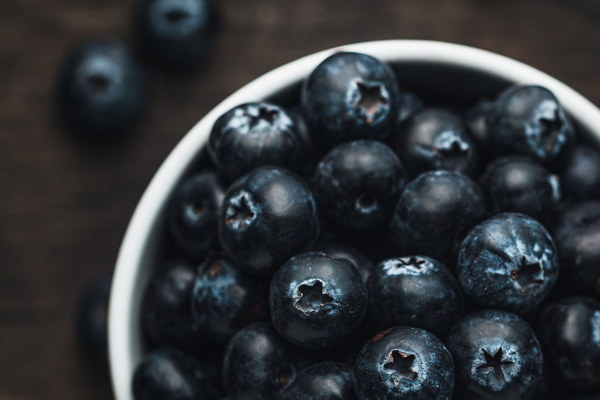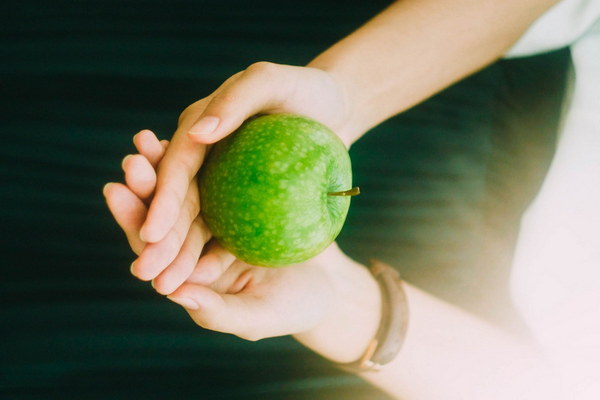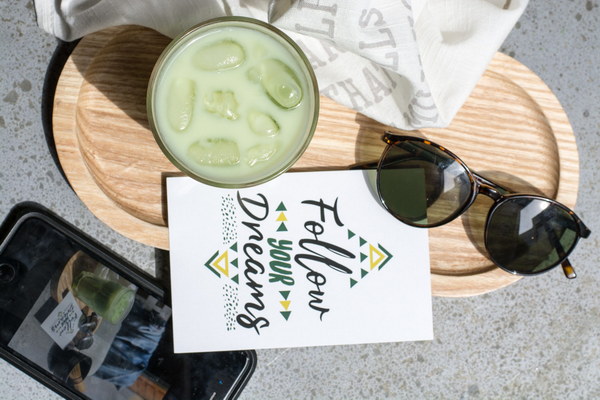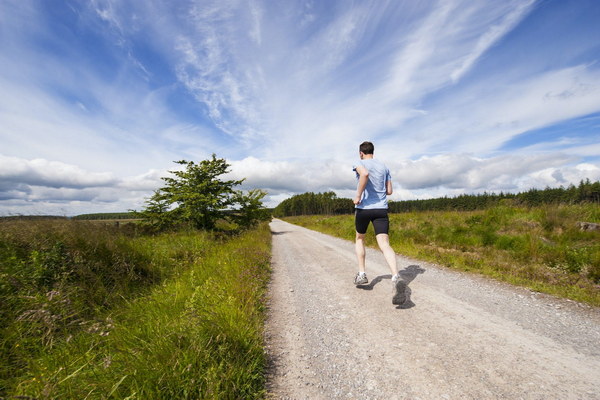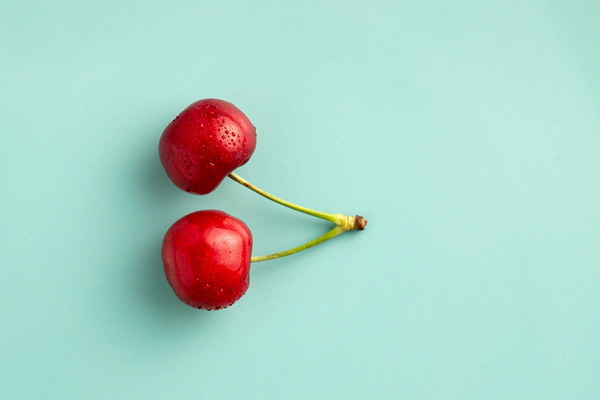Can Moisture-Relieving Tea with Ginger Really Help Excrete Dampness
In the realm of traditional Chinese medicine, the concept of dampness is a common imbalance that can lead to various health issues. One popular remedy that many turn to is the combination of moisture-relieving tea and ginger. But can this simple home remedy really help excrete dampness? Let's delve into the topic to find out.
Understanding Dampness in Traditional Chinese Medicine
In traditional Chinese medicine (TCM), dampness is considered an internal imbalance that can manifest in various ways, including fatigue, bloating, weight gain, and digestive problems. It is believed to be caused by an excess of dampness in the body, which can be due to factors such as poor diet, excessive exposure to damp weather, or an overall weakened constitution.
The Role of Moisture-Relieving Tea
Moisture-relieving tea, also known as Shi Hu Cha in Chinese, is a herbal tea made from the dried leaves of the Chinese herb Schisandra chinensis. It is believed to help drain dampness, improve digestion, and boost energy. The tea is often used to alleviate symptoms such as fatigue, poor appetite, and bloating, which are commonly associated with dampness.
Ginger: A Time-Tested Remedy
Ginger (Zingiber officinale) has been used in traditional medicine for centuries, both in TCM and Western herbalism. It is known for its warming properties and is often used to help dispel cold and dampness. Ginger can aid digestion, reduce nausea, and improve circulation, making it a valuable addition to any dampness-relieving regimen.
The Combination: Moisture-Relieving Tea with Ginger
When combined, moisture-relieving tea and ginger are thought to enhance each other's effects. The warming nature of ginger can help to stimulate the body's internal heat, which can assist in breaking down the dampness. Simultaneously, the moisture-relieving properties of the tea can help to drain the dampness from the body.
How to Prepare Moisture-Relieving Tea with Ginger
To prepare a cup of moisture-relieving tea with ginger, follow these steps:
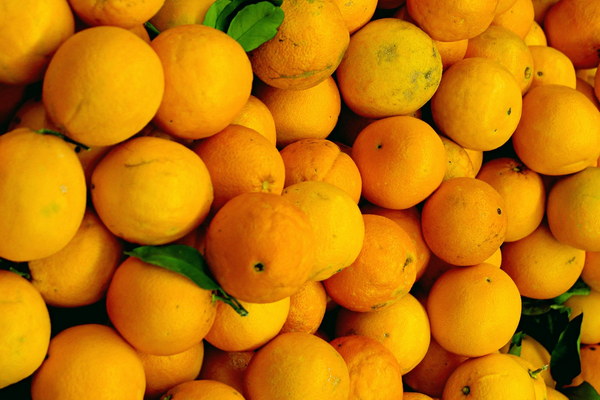
1. Boil a cup of water and let it cool slightly.
2. Add a teaspoon of moisture-relieving tea leaves and a small piece of fresh ginger to the water.
3. Steep the mixture for 5-10 minutes, then strain out the herbs.
4. Sweeten with honey or lemon if desired.
Can It Really Help Excrete Dampness?
While there is no scientific evidence to definitively prove that moisture-relieving tea with ginger can excrete dampness, many people report experiencing relief from their symptoms after consuming this combination. It's important to note that the effectiveness of such remedies can vary from person to person.
Considerations and Precautions
- Consult with a healthcare professional before starting any new herbal regimen, especially if you have underlying health conditions or are taking other medications.
- If you are pregnant or breastfeeding, it's best to avoid ginger or any herbal remedies without consulting a healthcare provider.
- While ginger is generally safe for most people, it can cause side effects such as heartburn, diarrhea, or mouth irritation in some individuals.
In conclusion, while there is no concrete scientific evidence to support the claim that moisture-relieving tea with ginger can excrete dampness, the combination of these natural ingredients is widely used and praised for its potential health benefits. As with any herbal remedy, it's important to use it responsibly and in conjunction with a balanced lifestyle for the best results.

